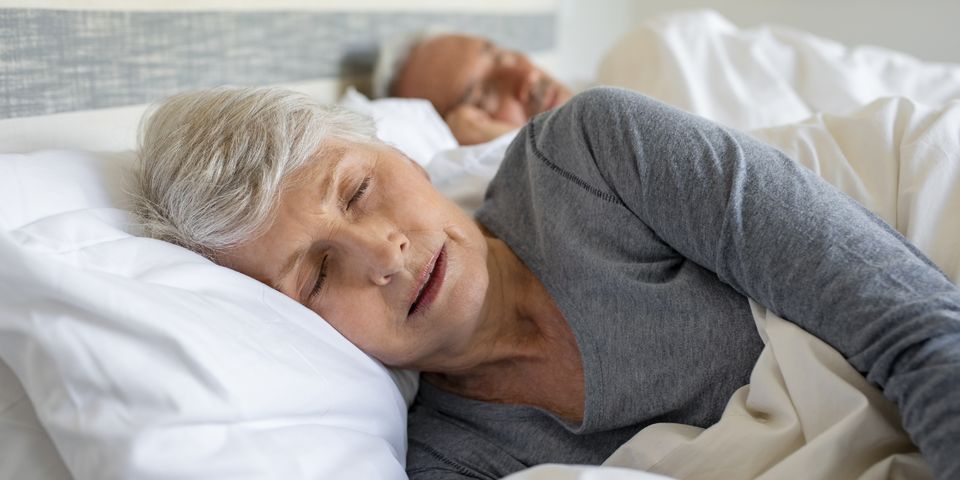
Older people still need seven to nine hours of quality sleep at night, but due to both physical and social factors that accompany aging, they may not be getting it. Poor sleep can contribute to other complications in daily life. Often, seniors may not even notice this deterioration until they have transitioned into a senior living community. Here are some common reasons for sleeplessness and tips for overcoming it.
What Are Some Common Sleep Complications?
Changes in the brain and circadian rhythm, which can be due to aging or transitioning into senior living, can cause sleep disturbances. Melatonin production decreases with age and when environments change, it can further change the body's natural circadian rhythms and hormone production. Shifts in hormone levels, especially in hormones like melatonin, can be a culprit for sleeplessness in the aging population, as these rhythms tend to shift forward, leaving seniors feeling tired earlier and waking up earlier. As well as hormones, conditions such as arthritis and diabetes, and the medications that help with them, can be problematic. Medications such as antihistamines, corticosteroids and antidepressants may also interfere with sleep in mature individuals. If so, speak to your or your loved one's doctor about changes to prescriptions that can be made.

Diseases like Alzheimer's and dementia can also affect the brain in ways that make sleep difficult. People experiencing these conditions may wake up often and have longer periods of wakefulness. This may cause them to become disoriented, which can lead to them wandering or yelling for help. The caregivers of those with Alzheimer's or dementia can also have their sleep disturbed.
How Can You Have Better Sleep?
Excessive sleep can actually hinder a good sleep schedule. Avoid naps or only take short naps between 1:00 p.m. to 3:00 p.m. in the afternoon. Try exercising earlier in the day. Give yourself a four-hour window between exercise and bedtime to give your body time to wind down. Also, avoid eating heavy meals before bed and don't consume caffeine at least six hours before you plan to lie down. Eliminate distractions in the bedroom and develop a relaxing routine to set the stage for rest.
If you are caring for someone with Alzheimer's or dementia, there are a few extra precautions you may want to take to help you and your loved one sleep better. Try locking up any medications so that they cannot accidentally take them, remove tripping hazards, install bars in the bathrooms for ease of movement, and gate any stairs in the home so that they cannot wander as easily.
Longhorn Village in Austin, TX, is a five-star rated senior living community that is committed to helping seniors live their most fulfilled lives. Along with top-notch amenities, they also offer continuing education courses, recreational activities, and even memory care services. For more information on their services, visit the website or call (512) 266-5600 today.
About the Business
Have a question? Ask the experts!
Send your question

